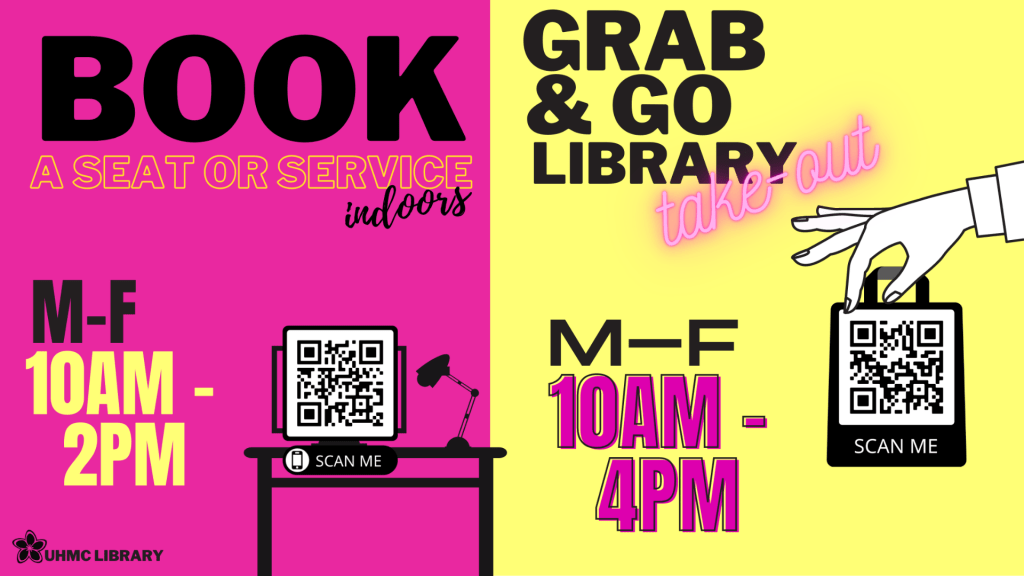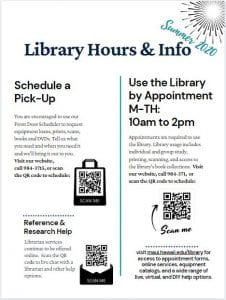There is hope that these people will vote at higher rates if we help make doing so more accessible for them. Please explore some of the resources on the library guide and beyond, if you are interested in this topic (and, I’m still collecting resources, if you’d like to send me additional links to share).
Celebrate Constitution Day with a Spotlight on Voter Rights and Electoral Advocacy
There is hope that these people will vote at higher rates if we help make doing so more accessible for them. Please explore some of the resources on the library guide and beyond, if you are interested in this topic (and, I’m still collecting resources, if you’d like to send me additional links to share).




 Once we get past the first weeks of school and see how this is working, we’ll look at the changes we may need to make for September hours, services, and library building access.
Once we get past the first weeks of school and see how this is working, we’ll look at the changes we may need to make for September hours, services, and library building access.
